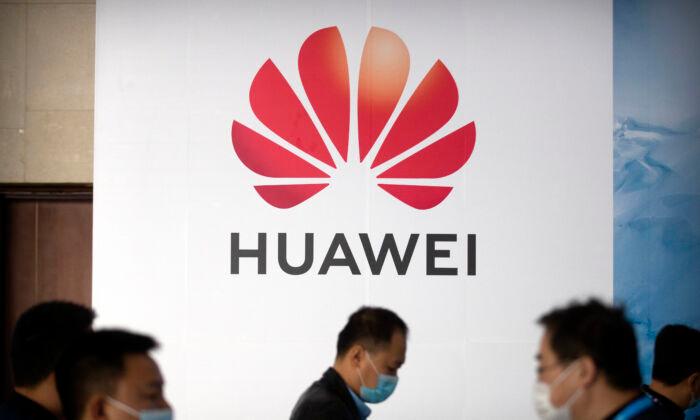Suppliers to two blacklisted Chinese companies—telecom giant Huawei and China’s top chipmaker SMIC—were approved to receive billions of dollars worth of licenses for U.S. technologies shipments between November and April, documents released by the House Committee on Foreign Affairs on Oct. 21 detail.
Huawei and Semiconductor Manufacturing International Corp (SMIC) were put on a U.S. trade blacklist, known as the “entity list,” in May 2019 and December 2020 respectively over national security concerns. Their addition means that American companies seeking to sell to them must apply for a license with the department.
The committee voted Thursday to release the data, which it received in May.
“In addition to sanctions and other tools to impose consequences on bad actors, export controls are fundamental in restricting the transfer of technology and goods to our adversaries,” McCaul said.
“This decision by the House Foreign Affairs Committee reflects our bipartisan support for conducting oversight over our export control system,” McCaul said. “This data provides concrete statistics to a public policy issue that, until now, has been based solely on rhetoric and anecdotes.”
“The recent reports regarding China’s hypersonic program, that has likely been supported by U.S. technology, is another frightening wake-up call for why there must be more transparency and stricter enforcement when it comes to export controls.”
Statements by the Commerce Department in the documents indicated that the license applications involving Huawei and SMIC were processed under licensing policies developed by the Trump Administration and maintained by the Biden Administration.
Further, the department wrote that the aggregate numbers of licenses noted in the documents do not necessarily reflect the real number of licenses that were utilized for exports to the two companies.
This is because the documents do not include those licenses that were earmarked for denial but had not yet been denied, as well as the fact that approved licenses do not correspond directly to actual shipments made.
The Commerce Department stated that, generally, about half of such licenses are utilized, and warned that the release of the data to the public would not improve efforts to understand the effectiveness of U.S.-China trade policy.
“The public release of aggregate licensing data for certain PRC [People’s Republic of China] companies on the Entity List, over an arbitrary snapshot in time, risks politicizing the licensing process and misrepresenting the national security determinations made by the Departments of Commerce, Defense, Energy, and State,” the statement said.
A majority of the licenses granted did not authorize shipments of sensitive items. Of the 113 licenses approved for Huawei during the period, 80 were for non-sensitive items that only required a license because the recipient was blacklisted. For SMIC, the figure was 121 of 188.
Licenses are generally good for four years.
Huawei and SCIM did not respond to a request for comment by the time of publication.





